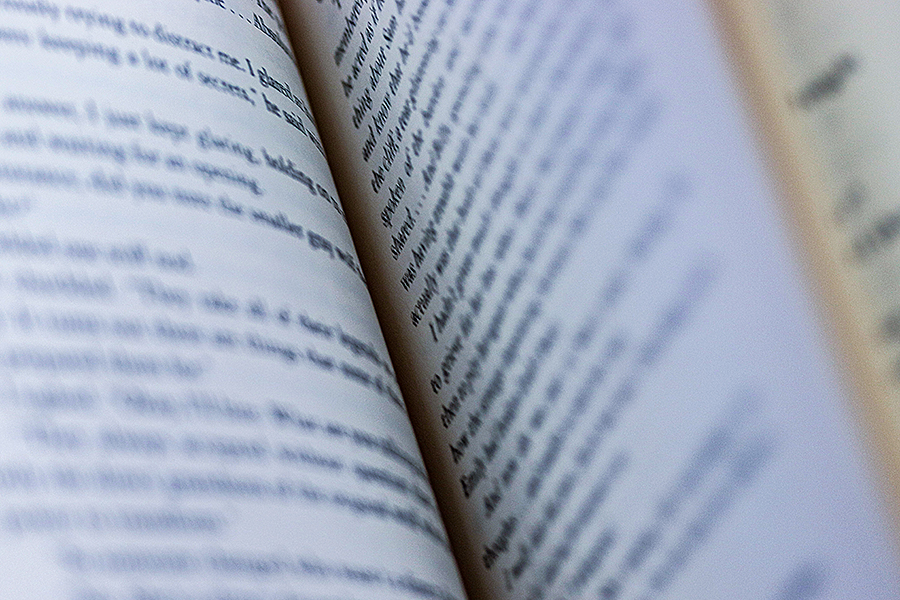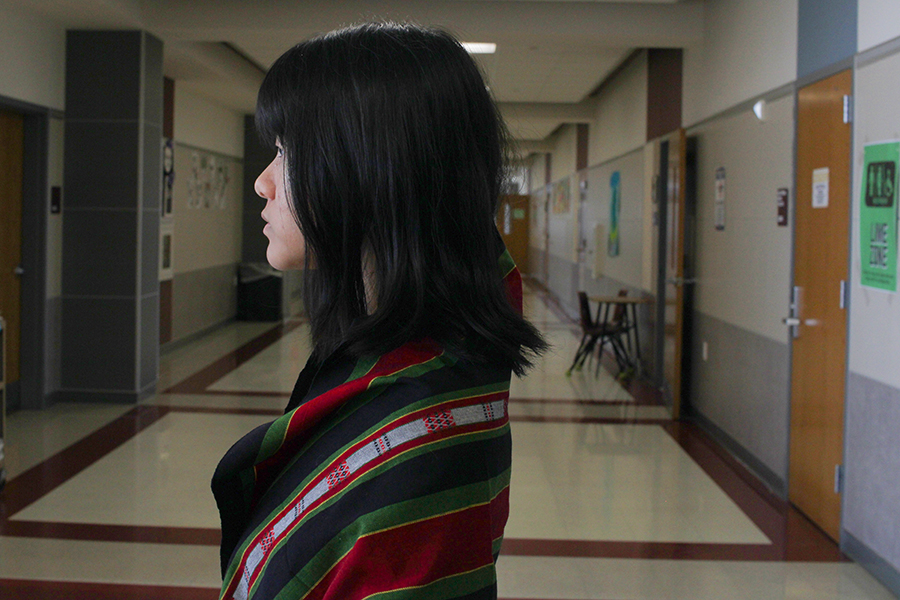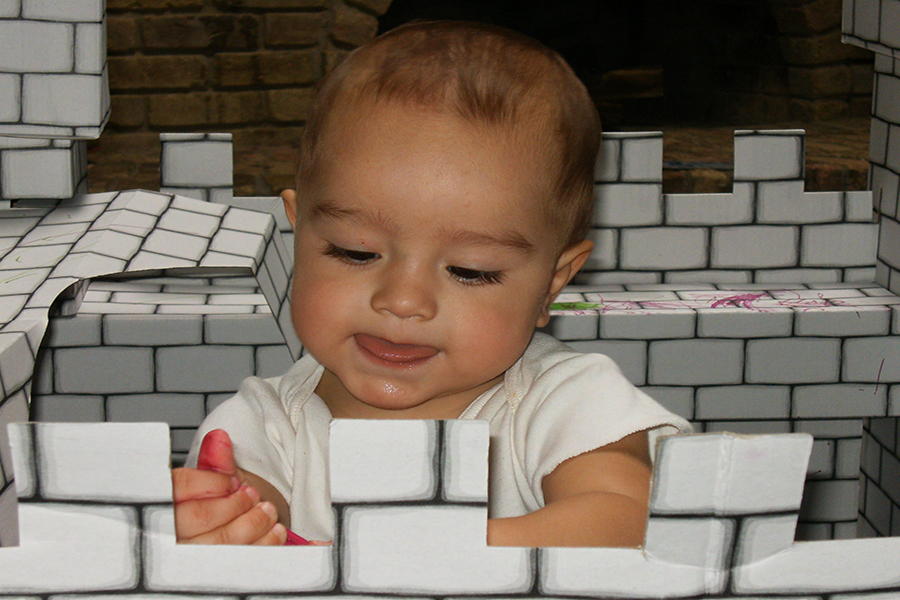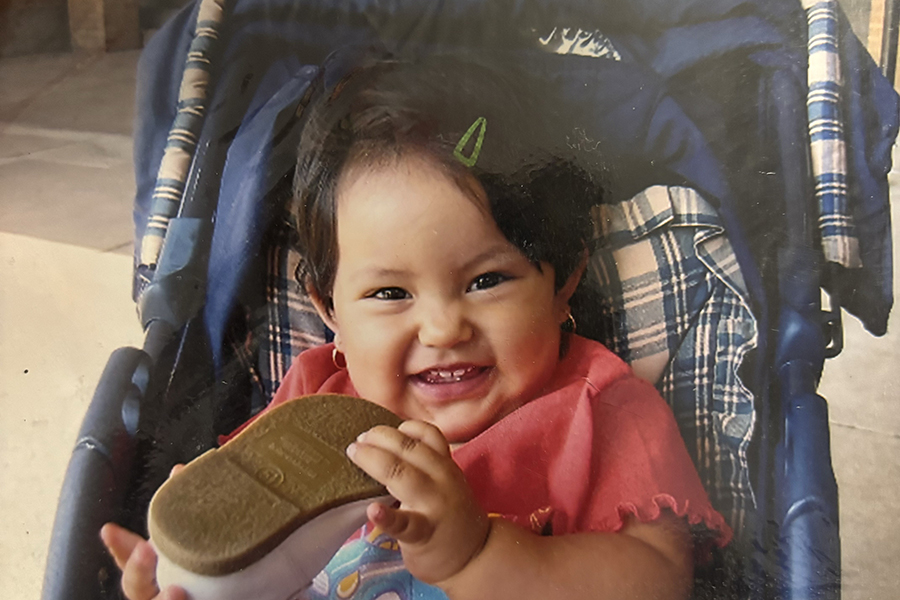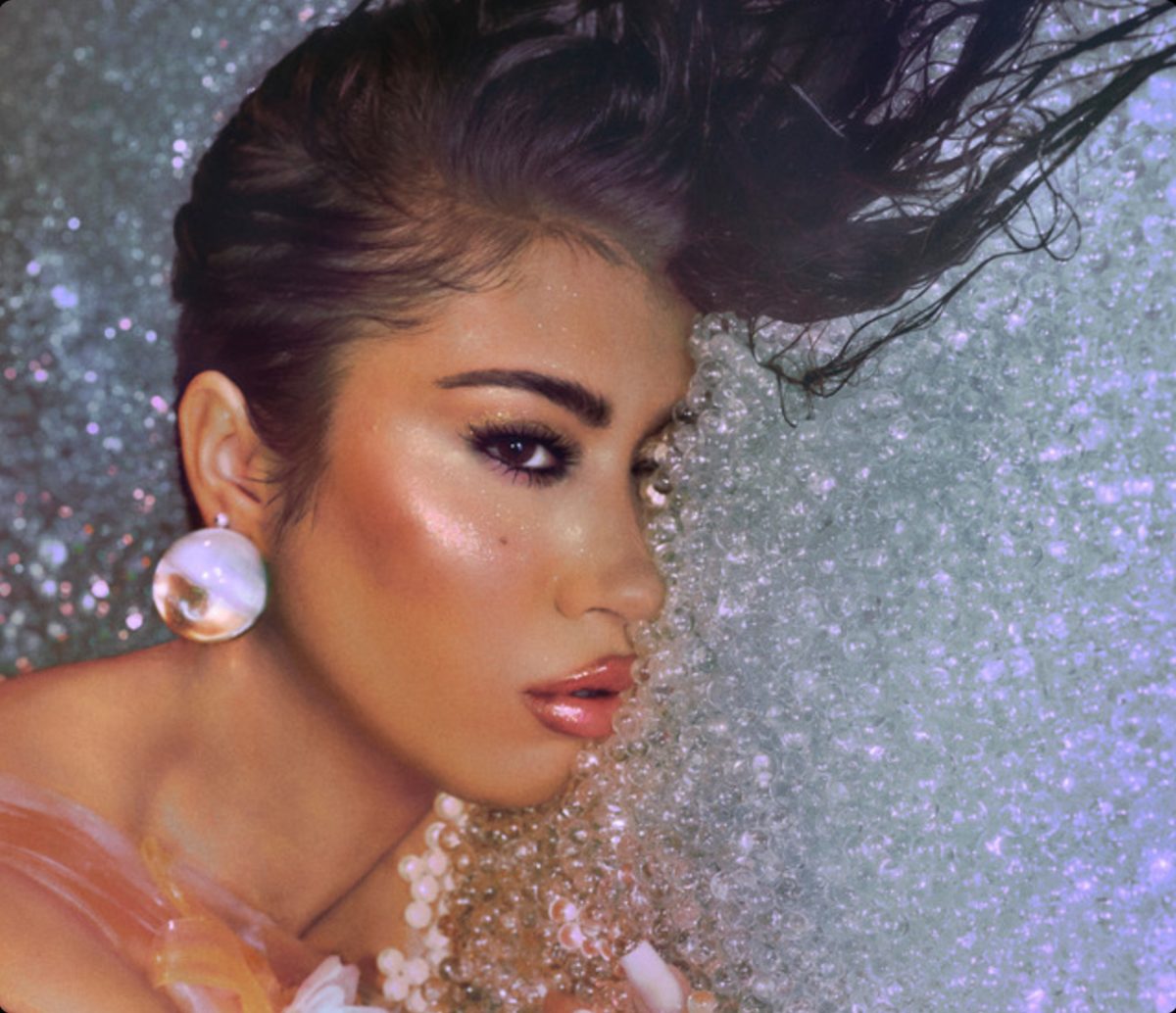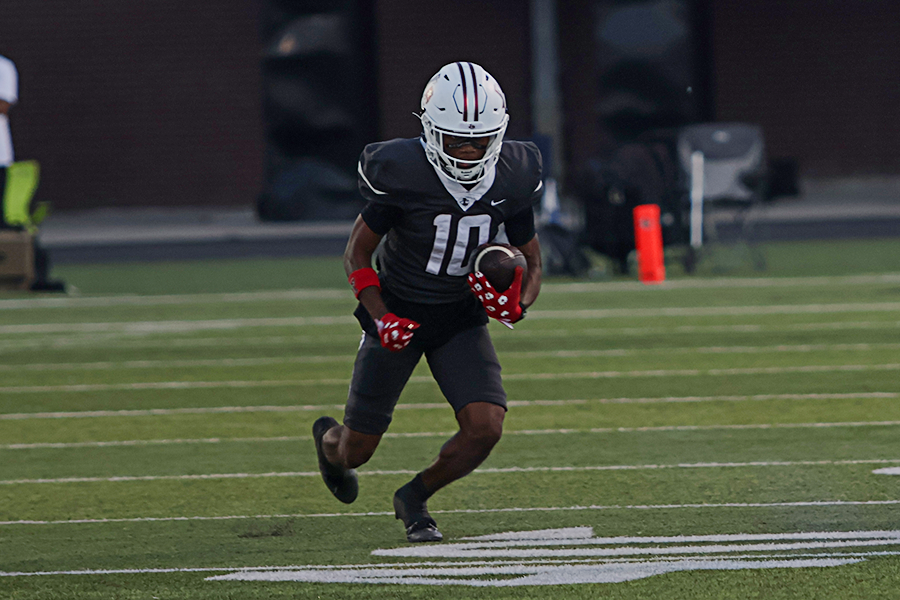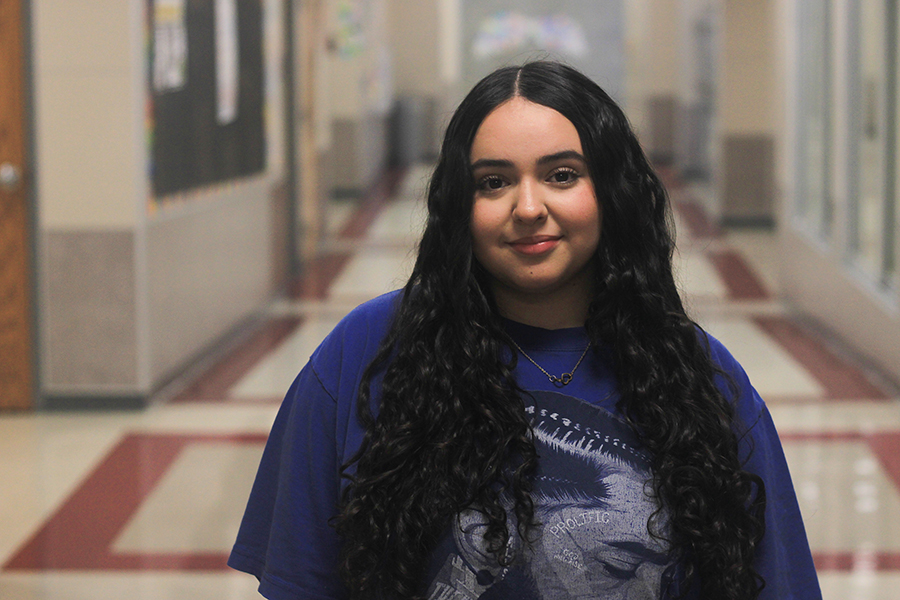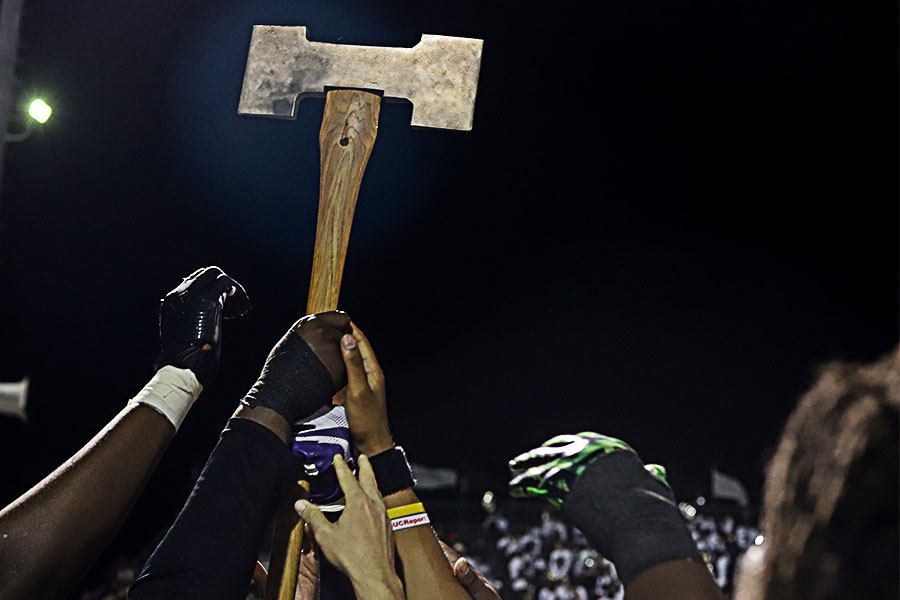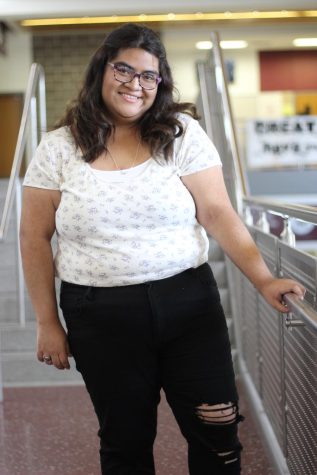Throughout 2021, school board meetings have seen an increase in parents petitioning for specific books to be reviewed and potentially removed from school libraries. The majority of the books cover race, gender and the LGBTQ+ community.
Conservative parents believe that their kids shouldn’t be exposed to these subject matters. A mom from Katy, Texas said that “we cannot unread this type of content, and I would like to protect my kids’ hearts and minds from this.”
Some examples of books that parents want banned are “Drama” by Raina Telgemeier, “Ghost Boys” by Jewell Parker Rhodes and “Me and Earl and the Dying Girl” by Jesse Andrews.
A parent from Spring Branch Independent School District argued that “Drama” should be removed because it leads kids to “question their sexual orientation when they don’t even comprehend what that means.”
If parents succeed in getting these types of books removed, there would be a lack of representation in schools. As someone who labels themselves as queer and who is a person of color, I believe having books that represent your sexuality, gender and color are so important. Seeing yourself in a book can bring comfort and make you feel seen. There’s already a limited number of books in schools with themes surrounding people of color and the LGBTQ+ community, and now groups of parents are trying to censor books that cover these topics.
Main characters in books are often white and straight. Whenever I read books like that it makes me feel like I need to be white and straight in order to fit in. Representation in books matters. Teenagers need to see that there are people similar to them and not be scared that they’re different. For example, when I read “The Henna Wars” by Adiba Jaigirdar, it was the first time I ever read a book where a character looked similar to me. It was the first time I read about a character that struggled with being a lesbian and the fear that her parents would disown her. As part of the LGBTQ+ community, I was terrified my Mexican parents would get mad since they believe men are the caretakers of their wives. It felt comforting knowing that I wasn’t the only one who feared disappointing my parents.
Reading books where characters are part of the LGBTQ+ community showed me that being in a relationship with the same gender is something we shouldn’t be ashamed of. I would’ve liked to read that book when I was struggling to find myself. If I had that book before, I would’ve felt better about myself. I struggled so much accepting I liked only girls; I felt fear about the things people would’ve told me. But because of books like “The Henna Wars,” I knew being into girls would be challenging but something I shouldn’t try to change myself for.
With parents attempting to ban these type of books, it makes it harder to deal with being gay because teenagers feel ashamed and want to hide it. I know for sure reading books with characters that look like me or represent my sexuality gives me reassurance that I’m not alone, and it could help others too.

